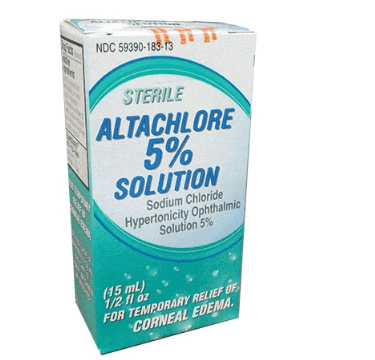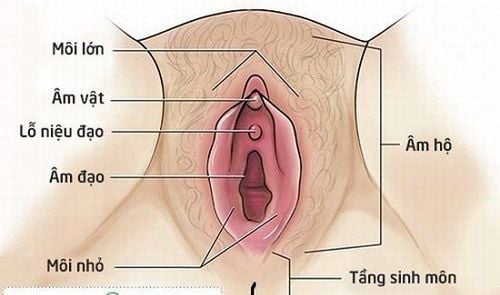This is an automatically translated article.
Zadonir drug is made in the form of tablets with the main ingredient Ceftibuten. The drug is used in the treatment of certain bacterial infections. Patients should carefully read the instructions, and consult the doctor, pharmacist for advice during the use of the drug.
1. What is Zadonir?
What is Zadonir? Each Zadonir tablet contains 400mg of Ceftibuten as Ceftibuten hydrate and other excipients. Like most beta-lactam antibiotics, the bactericidal action of Ceftibuten results from inhibition of bacterial cell wall synthesis. Due to its chemical structure, Ceftibuten is stable to beta-lactamases. Many b-lactamase-producing organisms that are resistant to cephalosporins or penicillins can be inhibited by ceftibuten. Ceftibuten-trans is formed by isomerization of ceftibuten (cis form) with only 1/4 - 1/8 of the activity of ceftibuten. Ceftibuten is active against many strains of gram-positive and gram-negative bacteria.
Indications: Zadonir is used in the treatment of infections caused by susceptible bacteria:
Respiratory tract infections such as acute bronchitis, acute maxillary sinusitis, pneumonia, acute otitis media , pharyngitis, tonsillitis, exacerbation in chronic bronchitis; Urinary tract infections. Contraindications: Do not use Zadonir for patients who are allergic or sensitive to cephalosporin antibiotics.
2. How to use and dose Zadonir
How to use : Use Zadonir by taking it directly.
Dosage:
Adults and children from 12 years of age and older: The usual dose is 400mg/time/day x 10 days; Children from 6 months to 12 years old: The usual dose is 9mg/kg x 1 time/day x 10 days, the maximum dose is 400mg/day; For patients with renal failure: Creatinine clearance 30 - 49 ml/min: Use dose 4.5mg/kg or 200mg/day; Creatinine clearance 5 - 29ml/min: Use 2.25mg/kg or 100mg/day; Hemodialysis: Because Ceftibuten crosses the membrane of hemodialysis, patients on hemodialysis can use a dose of 9mg/kg or 400mg/day at each dialysis session. It should be noted: The above drug dosage is for reference only, patients need to see a doctor for advice and appropriate prescription. Patients need to strictly follow the instructions of the doctor, professional pharmacist to improve treatment effectiveness and avoid unwanted side effects.
3. Side effects of the drug Zadonir
Ceftibuten is well tolerated, most side effects are mild and transient. Some possible symptoms are: Vomiting, nausea, erythema; Very rare cases of Stevens - Johnson syndrome, erythema multiforme, jaundice, leukopenia, thrombocytopenia, pseudomembranous colitis.
Patients need to inform the doctor about the side effects or other dangerous complications so that the doctor can catch and promptly handle it, avoiding unfortunate consequences.
4. Precautions when using Zadonir
Some things patients need to keep in mind before and while taking Zadonir are:
Caution when using Zadonir in patients allergic to penicillin; Monitor patients on long-term broad-spectrum antibiotics because of the potential for excessive development of non-susceptible strains; The dose of Zadonir should be reduced in patients with renal impairment; The safety and effectiveness of Zadonir in children under 6 months of age have not been established.
5. Zadonir drug interactions
Some drug interactions Zadonir patients should be aware of:
High doses of aluminum hydroxide/magne hydroxide antacids, ranitidine and single intravenous dose: No significant effects occurred; Concomitant use with food does not affect the effectiveness of Ceftibuten tablets. In order to avoid drug interactions, patients need to inform their doctors about medicines, herbs, functional foods, and health care foods so that doctors can consider and prescribe appropriate drugs.
During the use of Zadonir, users should pay attention to follow the doctor's instructions to ensure the highest treatment effect.
Follow Vinmec International General Hospital website to get more health, nutrition and beauty information to protect the health of yourself and your loved ones in your family.













